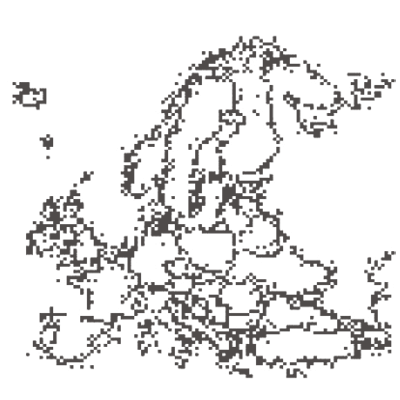Important amendments to the Waste Act
Work has begun on the government’s side on a bill amending the Waste Act and certain other acts. The provisions are a reaction to disturbing reports of waste entering Poland illegally and landfill fires which are hazardous, reported by the media in recent weeks.

Broader powers of the Environmental Protection Inspectorate
On 7 June 2018 the Government Legislation Centre published a proposal for amendment of the Environmental Protection Inspectorate Act and certain other acts on its website. Under the proposal, the Environmental Protection Inspectorate’s powers would be substantially broadened and administrative fines provided for in environmental laws increased.

Public procurement: appeals will be more effective
The concept for a new public procurement law suggests changes to ensure greater effectiveness of appeal proceedings and make right of appeal realistic. There will be a specialist court to review the cheaper appeal.

Protecting intellectual property on the alcoholic beverages market
According to figures from KPMG, the alcoholic beverages market in Poland was worth about PLN 57 billion in 2016, and its value is growing year on year. The industry is of great economic importance, providing numerous jobs and offering a major sales outlet for agricultural production. The selection of the topic for today’s edition is no accident. We believe that developments on the market may cause certain models for protection of intellectual property to grow in importance—alongside growing threats to those rights. We discuss them here from the practical side.

Intoxicating advertising: A few real-life examples
Producers of alcoholic beverages struggle with highly restrictive regulations across many areas of their business. One is advertising. The Polish regulations, in the Act on Sober Upbringing and Combating Alcoholism of 26 October 1982, are quite rigorous compared to most other countries. Essentially it is illegal to advertise alcoholic beverages, but with some leniency for beer. Beer advertising is permitted, subject to great restrictions on manner, place, time, form and content.

Proving the fame of a trademark for alcoholic beverages before the Polish courts
The fame or renown of a trademark is not a concept defined in Polish or EU law. The courts try to clarify this notion by pointing to the criteria that must be met for a mark to be regarded as renowned. Although these criteria are already well-established in the EU case law, the Polish courts sometimes add new requirements.

Can the popularity of a brand result in loss of trademark?
Trademark proprietors try to promote their brands so they become known and recognisable among customers, achieving greater distinctiveness and even repute. A famous brand is the dream of every trademark owner. But sometimes exceptional popularity proves damaging to the brand. Then the trademark can become eroded or genericised.

Origin matters: The power of geographical indications for alcoholic beverages
Some categories of goods, such as agricultural produce, foods and spirits, are valued by customers primarily because of the exceptional natural conditions of their town, region or country of origin, or because of their traditional production methods. Authorised producers use geographical indications for their products to underline this uniqueness.

Can the name of an alcoholic beverage be misleading?
Alongside the trademark, the label of a product must also identify the product itself, so that consumers know what type of product they are being offered. But in the European Union alone, there may be a dozen or more legal definitions of certain alcoholic beverages, such as cider or perry. This means that the qualitative requirements differ across various member states, presenting a huge challenge for producers, particularly when the EU policy agenda has taken up the fight against double standards for foods offered in different parts of the EU.

Infringement of personal rights in the alcoholic beverage industry
Commercial exploitation of the attributes of well-known, admired or distinguished persons can bring a product positive associations, build recognition, and reinforce popularity. It is a guarantee of the highest quality and reliable origin. Names and images of long-dead historical figures in particular are often found on labels and in ads for alcoholic beverages. Sobieski, Chrobry, Poniatowski, Jagiełło, Kazimierz Wielki and Pułaski gaze at tipplers from bars and store shelves, along with Chopin, Ogiński and Amundsen. Can the use of attributes of a third party, including someone who is no longer alive, constitute an infringement of personal rights, and if so, whose? And what are the legal consequences? The answers are not always obvious.

Alcoholic beverages fraud is not just counterfeiting
Alcoholic beverages with counterfeit trademarks are just part of the fraudulent alcoholic beverages market. Fraud can also mean giving false information about a product’s properties. Penal sanctions can be imposed on perpetrators of both types.

An enforcement clause can be issued for a ruling against a bankrupt company
The Polish Supreme Court has confirmed that there is no reason not to confirm that a foreign judgment against a bankrupt company is enforceable, and issue an enforcement clause. Courts of lower instance have ruled out this possibility.
